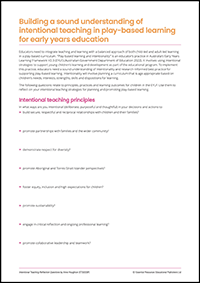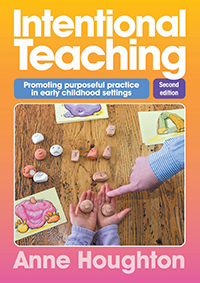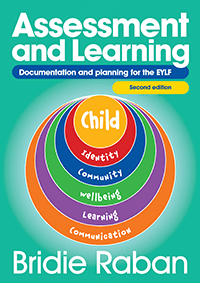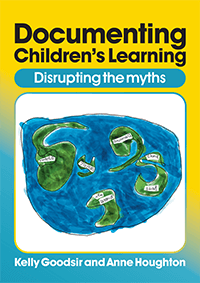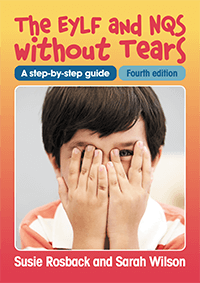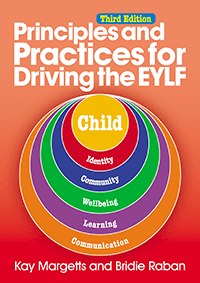Contents |
| Introduction | 4 |
| 1. What is intentional teaching? | 6 |
| Exploring possible confusion and shifts in practice | 7 |
| What is play-based learning and intentionality? | 9 |
| Concerns if too much formalised curriculum | 12 |
| Intentionality is needed in both indoor and outdoor environments | 14 |
| A balance of child-led and adult-led learning is important | 15 |
| Hidden practice that goes unnoticed | 16 |
| Techniques and strategies | 17 |
| Teachable moments and responsiveness to children | 19 |
| Clarifying terminology | 21 |
| How and why intentional teaching is important | 25 |
| Reflective questions | 26 |
| 2. What we need to consider | 27 |
| Theories that educators draw on | 27 |
| Policies, frameworks and guiding documents | 28 |
| Defining professionalism | 32 |
| Reflecting philosophy | 33 |
| Voices of all | 36 |
| Holistic, integrated and interconnected approaches | 39 |
| Being tuned in to children's needs | 40 |
| A strength-based approach | 42 |
| Case studies that reflect principles and practices | 43 |
| Learning outcomes | 45 |
| Meaningful documentation | 46 |
| Curriculum approaches | 53 |
| Reflective questions | 53 |
| 3. Critical reflection by all | 54 |
| Personal reflections as an educator | 54 |
| Reflecting on principles and practices | 55 |
| Involving others in the reflection process | 55 |
| Questioning practice to be more intentional | 59 |
| Aboriginal and Torres Strait Islander perspectives | 59 |
| Critical reflection and implications for practice | 65 |
| Reflecting on effective group times | 67 |
| Reflective questions | 70 |
| 4. Creating an environment for intentional teaching | 71 |
| Creating welcoming environments | 72 |
| Materials and equipment | 72 |
| Setting up environments for play experiences | 75 |
| Environments that reflect social and cultural contexts | 78 |
| Hands-on contact with living things | 79 |
| Natural environments for intentional teaching | 80 |
| Materials for reflecting a culturally responsive and inclusive curriculum | 85 |
| Establishing flexible routines | 86 |
| Reflective questions | 88 |
| 5. Identifying opportunities for intentional teaching | 89 |
| What to focus on | 89 |
| An emergent curriculum | 90 |
| Learning across the curriculum | 90 |
| Reflective questions | 107 |
| 6. Promoting the role of the educator | 108 |
| How do you know your work is valued by families? | 108 |
| Brain overload! | 109 |
| Effective supervision | 110 |
| Responsive and passionate educators | 110 |
| Making intentional teaching visible | 112 |
| Communicating the learning | 114 |
| Reflective questions | 116 |
| Conclusion | 117 |
| References | 118 |
| Further resources | 120 |

